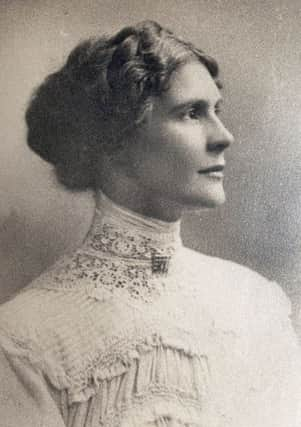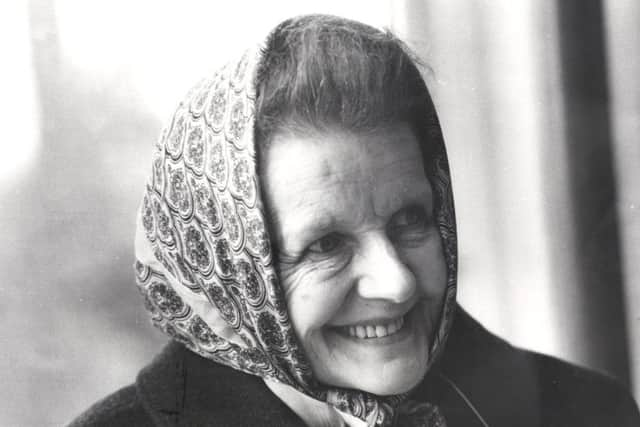Leeds nostalgia: Leeds women who changed the world


Ivy Benson
Ivy (1913-1993) grew up in Holbeck and came from a strong musical background. She formed the world’s most successful all-girl band - the Rythm Girls - which was famous for the next 40 years. She bowed out in 1982 at the London Savoy. Ivy’s father, Douglas, played several instrument and was a member of the Leeds Symphony Orchestra - he taught her piano from the age of five and she was performing in clubs from eight, making her first television appearance on BBC Children’s Hour when she was nine. She worked for Montague Burton for a time, famously saving half a crown a week from her wage until she could afford to buy her first saxophone. Her band became the BBC’s resident dance band in 1943 and were topped the London Palladium bill for six months in 1944.
Leonora Cohen


One of the most prominent suffragettes, she became politically active in 1911, joining the Leeds branch of the Women’s social and Political Union as its secretary but quickly rose to fame. She was jailed in Armley after taking part in a series of protests. One of the most famous incidents in which she was involved saw her break a jewel display case in the Tower of London, only to be acquitted of the act thanks to her spirited defence. She worked in a munitions factory in Leeds and later became the first woman president of the Yorkshire Federation of Trade Councils in 1923. She was even appointed to be a magistrate, a post she held for 25 years, and was awarded an OBE.
May Sybil Leslie